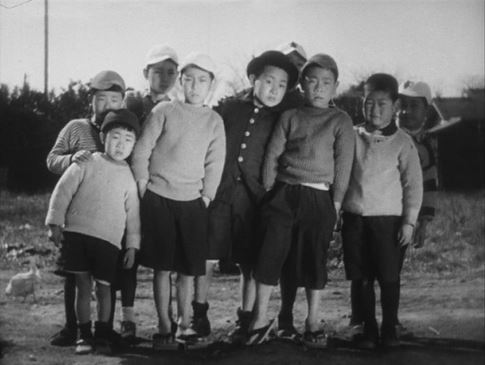Buy recording of Time, Space and Change
The title of this rich disc alludes to England and its music. Cuckmere: A Portrait is the transformed score for a film about a river… Repetition yields to free-floating metrics in the piano trio Media Vita, based on John Sheppard’s motet; historical revisiting is the formative principle of the Sinfonia.
PAUL DRIVER, Sunday Times, 1 March 2020
“Ed Hughes lays down considerable challenges to performers in each of his scores and they are met here with virtuosity and imagination by the New Music Players, the New Music Vocal Ensemble and pianist Richard Casey in ideal readings, polished and alert, which it is difficult to imagine being surpassed. Though the recordings cover a time span of more than a decade, such diversity in no way vitiates Metier’s consistently fine recorded sound. This is a valuable survey of a composer whose unorthodox and resourceful music deserves to be better known; his reputation has unquestionably been enhanced by this release.”
“The entire package has been thoughtfully curated and is attractively presented. I cannot speak highly enough of Mervyn Cooke’s deeply illuminating introductory essay which is a model of its kind. Each film is uniquely fascinating but the thread that connects them is Ed Hughes’s skilfully conceived and delightfully accessible music which receives unstinting advocacy from all the performers here.”
Buy Music for the South Downs album
Ed Hughes’ refreshing, cultured, lovingly patterned music is built around a thoroughly contemporary theme; our present-day contemplation of landscape, and how we give it the attention and respect it deserves. Via music, the composer suggests, which works like the weather on a hilly walk in the South Downs. Our perceptions constantly change and re-energise as we encounter familiar objects while colours, shadings and vegetation are in a constant flow of development. The same can be certainly said of all the works in this rich collection, which surge forward with textural warmth and harmonic continuity.
JUDITH WEIR
the Lunar diptych – inspired by Isamu Noguchi sculptures and juxtaposing the darkly translucent harmonies of ‘Lunar 1’ with the agile luminescent gestures of ‘Lunar 2’. The earliest work here, Chroma is also the most abstract in terms of content that derives meaning from its interplay of outward volatility with underlying calm; a process made manifest in the distinction between string quartet and string ensemble over much of its course. Finally, The Woods So Wild turns to the medium of piano quartet and a song from the Tudor era whose plangent modality is brought to bear on the animated melodic weave of its opening movement as on the harmonic eloquence of its central intermezzo – duly heading into a finale whose rhythmic intricacy does not prevent the song coming through affirmatively at the close.
RICHARD WHITEHOUSE
“...this release enables one to get to grips with one of the more arresting and distinctive chamber operas to have emerged in the UK over recent years.”
“In Hughes’s music...there is a perfect fit with the films, with incidental sounds such as the factory whistle in Strike skilfully incorporated into the musical line. Potemkin was first shown with Hughes’ music at an unforgettable performance in 2005 in the machine hall of the Brighton Engineerium, which provided a uniquely suitable site for it. A similarly happy match between film and music runs through these two superb scores.”
“(The Sibyl of Cumae) for mezzo and mixed ensemble, eight short monologues for the visionary priestess of Apollo, is big and bold, responding to the scholar and poet Tom Lowenstein’s gritty and economical text with music unafraid of a direct emotional response.”
“Working with Ed Hughes on the BFI’s ongoing Ozu Collection has been a fantastic experience. His scores are of a consistently high standard, making these rarely-seen silent works accessible to modern audiences and film scholars alike. Not only that, but his compositions are meeting with the approval of the Japanese licensors, thereby transcending cultural difference and functioning on an international stage.”









